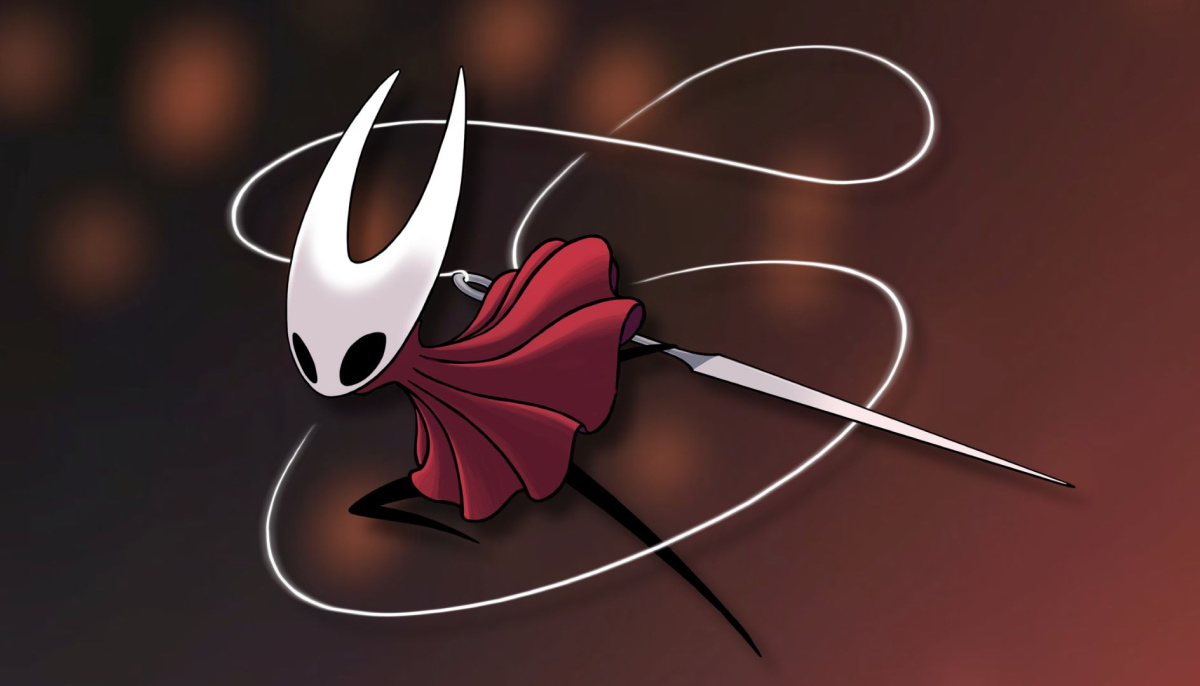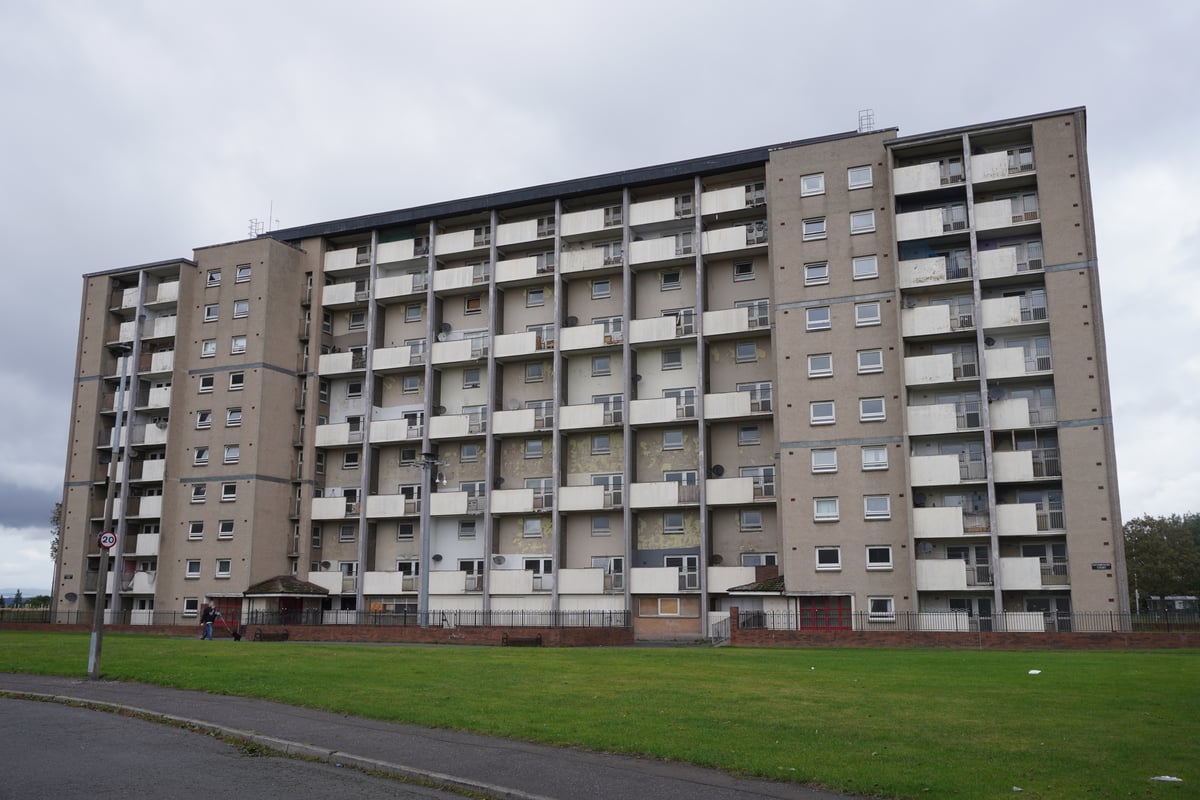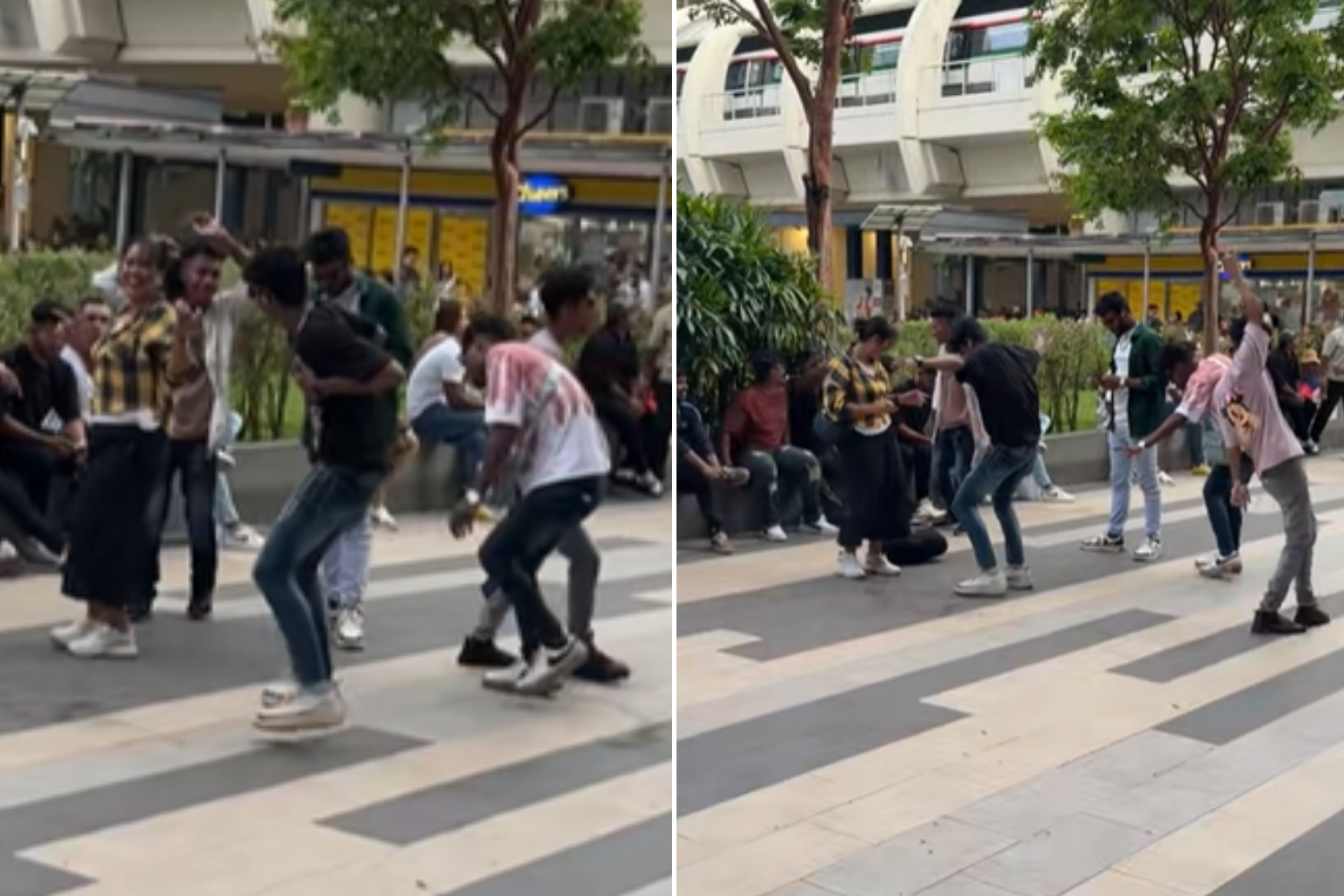By TOI Education
Copyright indiatimes

The fallout from Charlie Kirk’s killing has revealed less about the accused and more about the fault lines running through American public life. Within hours, a new narrative began to congeal—not about the individual alleged to have pulled the trigger, whose ties to higher education were fleeting, but about universities themselves. Tyler Robinson, the 22-year-old accused of Kirk’s killing, spent just one semester at Utah State University before moving on to a technical college. Unfortunately, in the crucible of American politics, tragedy rarely remains tragedy; it is rapidly repurposed as proof. This time, the nation’s sprawling higher education system has been cast as the incubator of extremism, with its lecture halls reimagined as ideological battlegrounds. That portrayal has found combustible fuel in another controversy: Educators themselves. All across the US, teachers and university staff who posted mocking or celebratory remarks about Kirk’s death have faced suspensions, dismissals, or formal investigations. Their conduct—widely condemned as callous—has been seized upon by critics as evidence that ideological radicalisation runs not only among students but through the faculty ranks. These scattered incidents, while unrepresentative of the sector at large, have been folded into a larger argument that academia harbours hostility towards conservative voices and shields it under the guise of academic freedom.For years, conservative activists have portrayed academia as a bastion of liberal orthodoxy, impervious to accountability yet lavishly sustained by public funds. That framing—once confined to think-tank reports and cable segments—has now surged into the political mainstream, as calls to defund, surveil, and ideologically “re-balance” campuses echo from prominent figures. The growing chorus against American universitiesIf the last decade sketched the argument against academia in outline, the days since Charlie Kirk’s killing have inked it in. The long-standing charge—that universities, cushioned by public funds, incubate ideological excess—has moved from thesis to marching orders.Laura Loomer, the rightwing activist and Trump confidante, crystallised the moment when she tweeted, “It’s time to defund American universities. You don’t need to go to college. Charlie Kirk didn’t go to college.” That Kirk himself left college after a semester functions here less as contradiction than as creed.Loomer’s post tagged Harmeet Dhillon, the Assistant Attorney General for the Civil Rights Division of the U.S. Department of Justice who replied with chilling brevity: “I’m on it. And all the other haters at our American funded schools.”At Clemson University, one faculty member was dismissed and two others suspended for remarks administrators deemed “inappropriate” about Kirk. Dhillon celebrated the move: “This is a good start. Federal funding for higher education is a privilege, NOT a right. The government is not obligated to fund vile garbage with our tax dollars.”The pattern is unmistakable, faculty who voice dissent are swiftly punished, their cases held up as warnings to others. From Capitol Hill, Representative Nancy Mace (R-S.C.) pressed for punitive leverage, demanding in a press release that the Department of Education “cut off every dime of federal funding to any elementary, secondary, or post-secondary school that refuses to remove or discipline staff who glorify or justify political violence.”The refrain has widened. Lara Logan, a former CBS journalist, amplified the assault. She tweeted, “This is why these universities should not receive a single American tax dollar. They preach hatred of this country, which is Marxist doctrine. It is helping to destroy this country from within, wake up.”Staffing, too, is recast as a battlefield. Federalist editor-in-chief Molly Hemingway proposed an explicit ideological quota, “All public universities should be required to have a minimum 50% of their staff be conservative professors by spring 2026. In each department.”Challenged by a journalist who noted the uncanny resemblance to affirmative action, Hemingway lashed back: “No, I want to remove the left-wing oppression that has destroyed American universities.”And the tactics extend beyond policy to surveillance. James O’Keefe, infamous for undercover stings, pledged a new campaign: “We will be distributing hidden cameras nationwide to those who are witness to abuse in their school and who are willing to expose it… it’s time to rip the rot out of America’s education system,” reports Mother Jones daily.Educators in the crosshairs after Kirk’s shootingAcross Tennessee, Florida, Texas, South Carolina, New York, and beyond, more than 15 educators have been suspended, fired, or placed under investigation for online remarks mocking or celebrating Kirk’s death. From a Massachusetts special education teacher filmed grinning during live coverage, to a South Carolina instructor posting, “America became better today. There I said it,” the disciplinary sweep has been swift and unforgiving. In Iowa, an art teacher who wrote “one Nazi down” was placed on leave, while in New York, a physics teacher was suspended after branding Kirk an “aspiring Goebbels.”State officials have leaned in. Florida’s governor called such posts “completely unacceptable,” and Oklahoma’s superintendent warned that licenses could be revoked permanently. Reports also indicate that Texas legislative committees are set to examine free speech on college campuses in the wake of Charlie Kirk’s killing. What emerges is a chilling portrait: Free speech, once viewed as personal expression, is now being judged against professional survival, with teachers punished not for what they did in the classroom, but for what they posted online.The high stakes of defunding academiaCalls to defund universities and impose ideological quotas signal more than outrage—they mark a shift toward punitive policymaking. Stripping public funding could destabilise entire state systems, eroding research output, student aid, and faculty jobs that depend on federal grants. Proposals to surveil classrooms or mandate political hiring ratios would upend academic governance, risking constitutional challenges over free expression and equal opportunity. For critics, such measures promise accountability; for defenders, they threaten institutional autonomy. Either way, the debate now frames universities less as civic infrastructure than as political actors—inviting a reckoning over what role they should play.Ready to navigate global policies? Secure your overseas future. Get expert guidance now!



